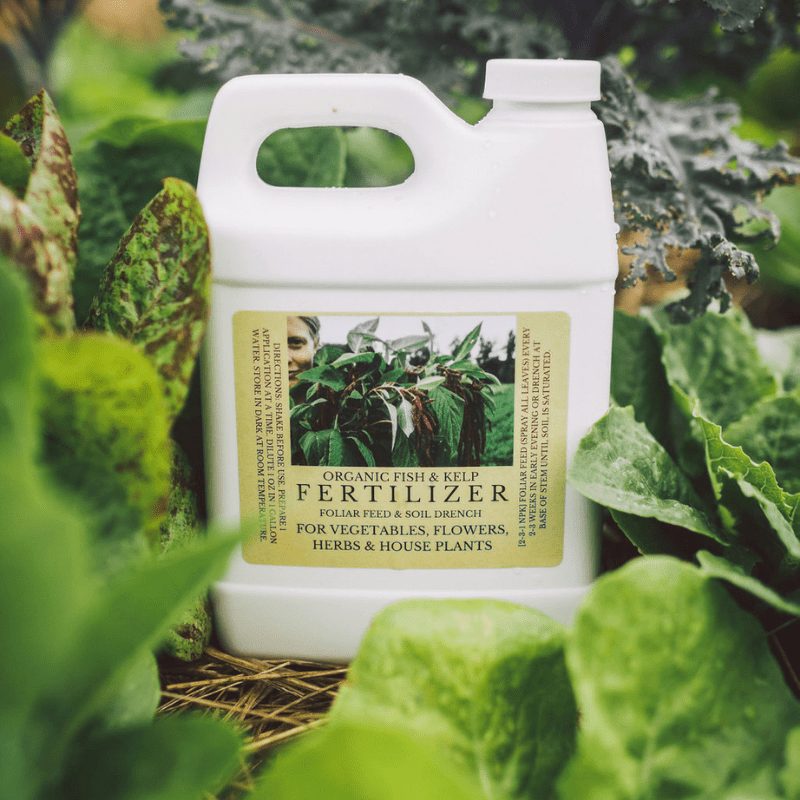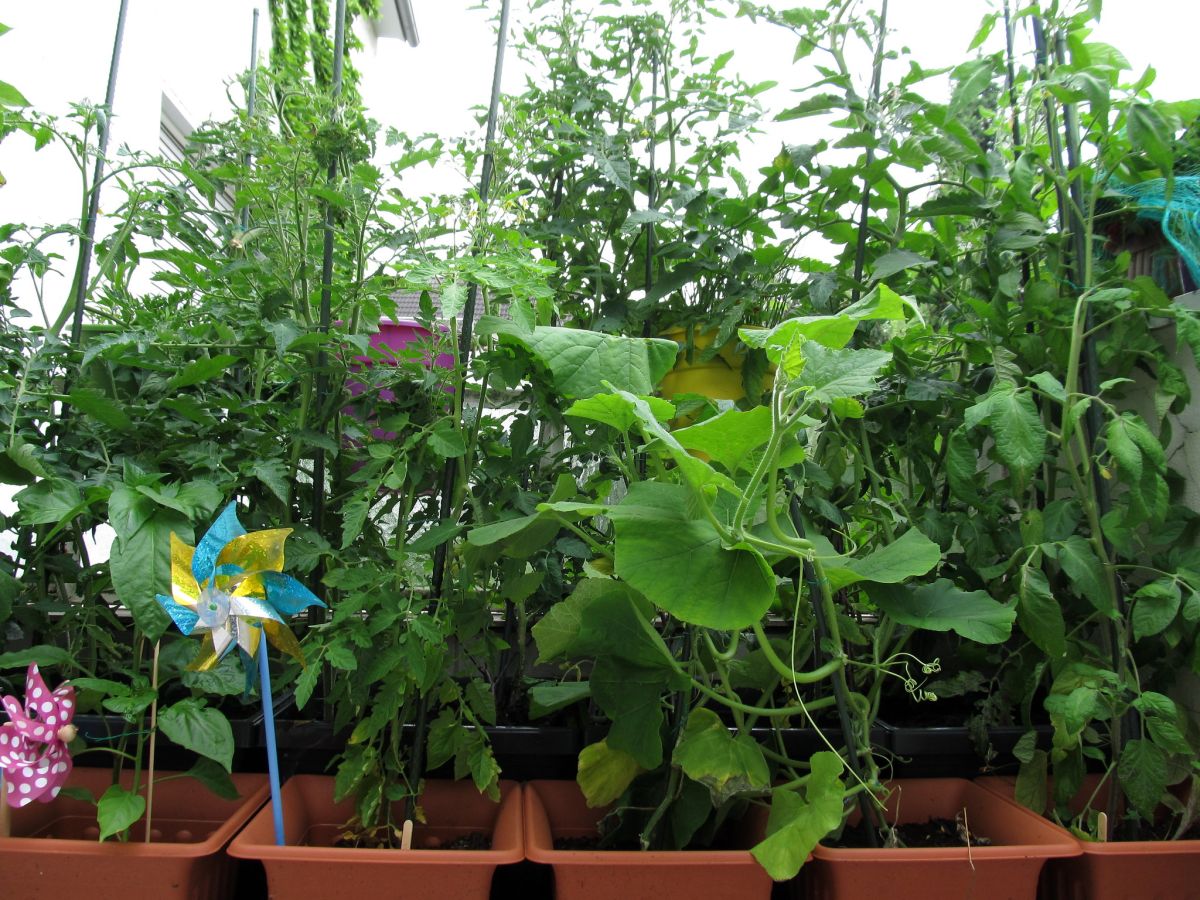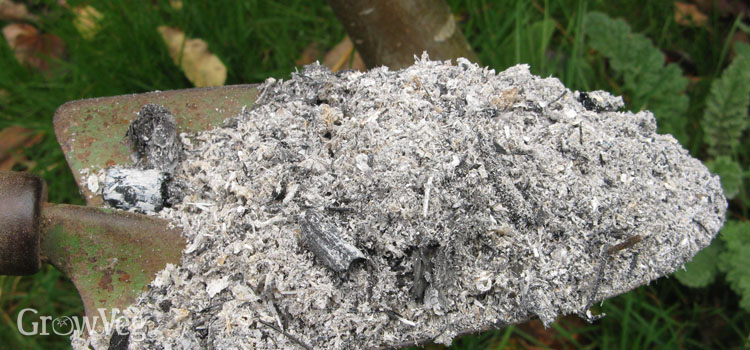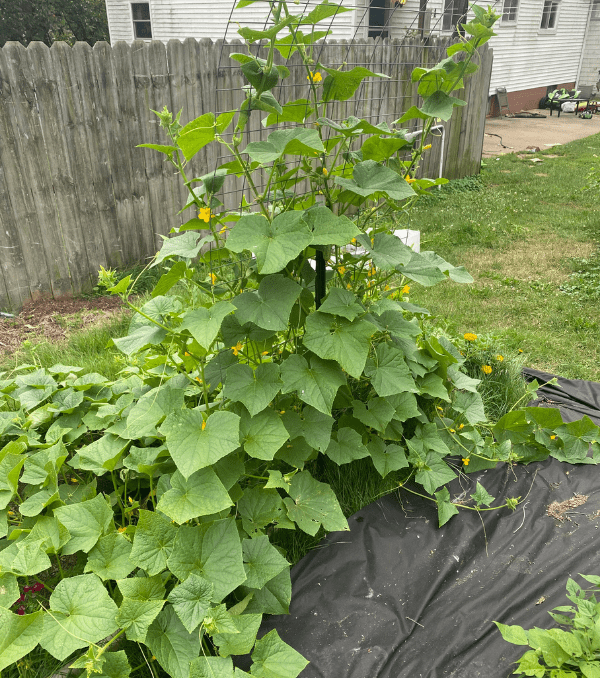The Best Fertilizer For Cucumbers In
Title: The Best Fertilizer for Cucumbers in 2023
Introduction:
Cucumbers are a popular summer vegetable that is enjoyed by many people. They are relatively easy to grow, but they do require some fertilizer to produce a good crop. The best fertilizer for cucumbers will vary depending on the type of soil you have, the climate you live in, and the stage of growth your plants are in. However, there are some general guidelines that you can follow to choose the right fertilizer for your cucumbers.
Main Content:
- Nitrogen: Nitrogen is essential for plant growth. It helps plants produce healthy leaves and stems. A good fertilizer for cucumbers should have a high nitrogen content.
- Phosphorus: Phosphorus helps plants produce flowers and fruits. It is especially important for cucumbers during the flowering and fruiting stages.
- Potassium: Potassium helps plants resist disease and stress. It also helps plants transport water and nutrients throughout their tissues.
In addition to nitrogen, phosphorus, and potassium, cucumbers also need other nutrients, such as magnesium, calcium, and sulfur. However, these nutrients are typically present in sufficient quantities in most soils.
When to Fertilize Cucumbers:
Cucumbers should be fertilized every two to three weeks during the growing season. The first fertilizer application should be made when the plants are about two weeks old. After that, you can fertilize them every two to three weeks until the cucumbers start to ripen.
You can use either liquid or granular fertilizer for cucumbers. Liquid fertilizer is easy to apply, but it can leach out of the soil quickly. Granular fertilizer is slower-release, but it can be more difficult to apply evenly.
How to Apply Fertilizer to Cucumbers:
To apply liquid fertilizer, simply mix it with water according to the directions on the label. Then, water your cucumbers with the fertilizer solution.
To apply granular fertilizer, scatter it evenly around the base of the cucumber plants. Then, water the plants deeply to help the fertilizer dissolve and soak into the soil.
Over-fertilizing Cucumbers:
It is important to avoid over-fertilizing cucumbers. Too much fertilizer can cause the plants to grow too quickly and produce small, tasteless fruits. It can also lead to nutrient imbalances, which can make the plants more susceptible to pests and diseases.
Conclusion:
By following these guidelines, you can choose the best fertilizer for your cucumbers and help them produce a bountiful harvest.
Cucumbers are a delicious and refreshing vegetable that can be grown in many different climates. To help your cucumbers grow big and healthy, you need to fertilize them regularly. The best fertilizer for cucumbers is one that is high in phosphorus and potassium, with a lower nitrogen content. This will help to promote bud formation and fruit production.
Some of the best fertilizers for cucumbers include:
- Down to Earth Organic Vegetable Fertilizer (4-4-4 NPK)
- Miracle-Gro Shake 'N Feed Tomato, Fruit & Vegetable Plant Food (10-5-15 NPK)
- Jobe's Organic Vegetable & Tomato Fertilizer (5-3-3 NPK)
- Espoma Garden-Tone Organic Fertilizer (3-4-4 NPK)
- FoxFarm Big Bloom Liquid Concentrate (2-8-4 NPK)
No matter which fertilizer you choose, be sure to follow the directions on the label carefully. Over-fertilizing can actually damage your cucumbers, so it is important to find the right balance.
To learn more about the best fertilizer for cucumbers, visit Home Gardening.
FAQ of best fertilizer for cucumbers
- What is the best fertilizer for cucumbers?
Cucumbers need a fertilizer that is high in phosphorus and potassium, with moderate nitrogen. A good fertilizer for cucumbers would have an NPK ratio of 5-10-10 or 6-12-12. You can also use a fertilizer that is specifically formulated for cucumbers.
- When should I fertilize cucumbers?
You should start fertilizing cucumbers when they are about 2 weeks old. Fertilize them every 2-3 weeks throughout the growing season. If you are growing cucumbers in a container, you may need to fertilize them more often.
- How much fertilizer should I use?
The amount of fertilizer you use will depend on the size of your plants and the type of fertilizer you are using. Follow the instructions on the fertilizer label.
- How do I apply fertilizer to cucumbers?
You can apply fertilizer to cucumbers either by watering it in or by applying it to the soil around the plants. If you are watering it in, mix the fertilizer with water according to the instructions on the label. If you are applying it to the soil, sprinkle it around the plants and water it in well.
- What are some organic fertilizers that I can use for cucumbers?
There are many organic fertilizers that you can use for cucumbers. Some good options include:
* Fish emulsion: Fish emulsion is a high-nitrogen fertilizer that is also a good source of phosphorus and potassium. It is a liquid fertilizer that can be watered in or applied to the soil.
* Kelp meal: Kelp meal is a good source of micronutrients, including nitrogen, phosphorus, potassium, and calcium. It is a granular fertilizer that can be worked into the soil or sprinkled around the plants.
* Compost: Compost is a slow-release fertilizer that provides a balanced supply of nutrients to cucumbers. It can be worked into the soil before planting or applied to the soil throughout the growing season.
- What are some common fertilizer problems with cucumbers?
Some common fertilizer problems with cucumbers include:
* Overfertilizing: Overfertilizing can cause the leaves of cucumbers to turn yellow or brown. It can also lead to the development of root rot.
* Underfertilizing: Underfertilizing can cause cucumbers to grow slowly and produce few fruits.
* Using the wrong type of fertilizer: Using the wrong type of fertilizer can also cause problems with cucumbers. For example, using a fertilizer that is too high in nitrogen can lead to the development of blossom end rot.
Image of best fertilizer for cucumbers
- Fish emulsion: Fish emulsion is a liquid fertilizer that is high in nitrogen and phosphorus, which are essential nutrients for cucumber plants. It is also a good source of potassium, which helps to improve plant growth and fruit production. Fish emulsion can be found at most garden centers and can be applied to cucumber plants every 10-14 days.

- Kelp meal: Kelp meal is a type of organic fertilizer that is high in nitrogen, potassium, and other trace minerals. It is also a good source of seaweed extract, which contains hormones and other compounds that can help to promote plant growth and development. Kelp meal can be found at most garden centers and can be applied to cucumber plants every 4-6 weeks.

- Compost: Compost is a great way to add nutrients and organic matter to the soil, which can help to improve plant growth and fruit production. Cucumber plants can benefit from compost that is high in nitrogen, phosphorus, and potassium. Compost can be made at home or purchased from most garden centers.
- Chicken manure: Chicken manure is a high-nitrogen fertilizer that can help to promote plant growth. However, it is important to note that chicken manure can also be high in salt, so it is important to use it sparingly. Chicken manure can be found at most garden centers and should be composted before applying it to cucumber plants.

- Blood meal: Blood meal is a high-nitrogen fertilizer that is made from dried blood. It is a good source of nitrogen for cucumber plants, but it is important to use it sparingly, as it can also be high in salt. Blood meal can be found at most garden centers and should be applied to cucumber plants every 10-14 days.

- Bone meal: Bone meal is a high-phosphorus fertilizer that is made from ground bones. It is a good source of phosphorus for cucumber plants, but it is important to use it sparingly, as it can also be high in calcium. Bone meal can be found at most garden centers and should be applied to cucumber plants every 10-14 days.

- Wood ash: Wood ash is a high-potassium fertilizer that is made from the ashes of wood. It is a good source of potassium for cucumber plants, but it is important to use it sparingly, as it can also be high in sodium. Wood ash can be found at most garden centers and should be applied to cucumber plants every 10-14 days.

- Green manure: Green manure is a type of cover crop that is planted and then tilled into the soil before it has a chance to flower. Green manure crops are a good way to add nitrogen and other nutrients to the soil, and they can also help to improve soil structure. Cucumber plants can benefit from green manure crops such as alfalfa, clover, and rye.

- Coffee grounds: Coffee grounds are a good source of nitrogen and other nutrients for cucumber plants. They can be added to the soil around cucumber plants or composted and then applied to the soil. Coffee grounds can also help to improve soil drainage and acidity.

Post a Comment for "The Best Fertilizer For Cucumbers In "